Environmental Health Experts
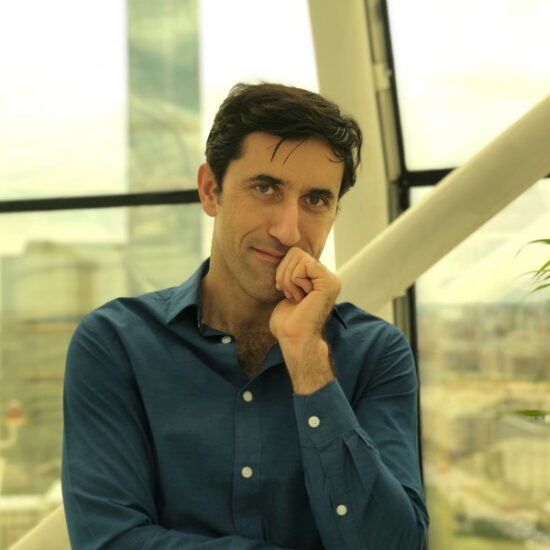
Mehdi Amouei Torkmahalleh
Expert on: assessment of exposure to cooking aerosol, sampling, and analysis of hexavalent chromium, detection of microplastics in the air, formation of cluster mode particles in preschools.
Mehdi Amouei Torkmahalleh’s primary research interest is to assess community exposure to ultrafine particles from indoor, workplace, and anthropogenic sources and examine the associations between these exposures and neurodegenerative diseases. He is one of the leading scientists in the field of exposure to cooking emissions, with numerous publications in this field that has introduced new methods to reduce cooking emissions and understand its nervous and cardiovascular impact. He recently published the Cooking Aerosol chapter for the Handbook of Indoor Air Quality by Springer.
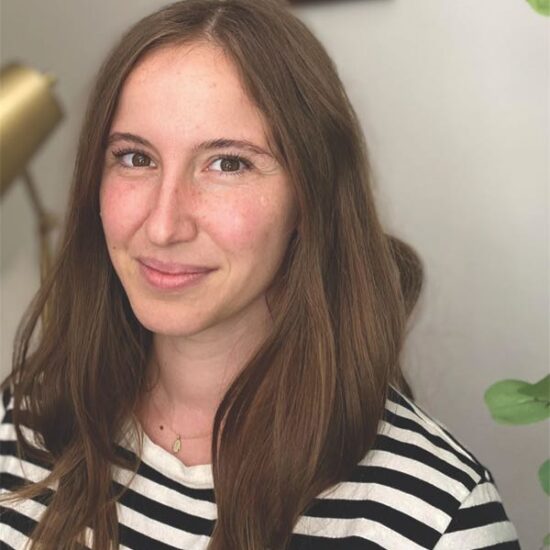
Julia Anglen Bauer
Julia Anglen Bauer’s research centers on addressing fundamental gaps in the understanding of how environmental exposures impact the nervous system across the life course in susceptible populations, including mothers and their infants, adolescents, and workers in global and local settings. She aims to identify susceptibility factors that modify the association between chemical exposures and health, including race and ethnicity, exposure timing, co-exposure conditions, and sex differences. Her work includes using environmental mixtures methods, neural networks and novel biomarkers of exposure, such as deciduous “baby” teeth to estimate retrospective elemental exposures.
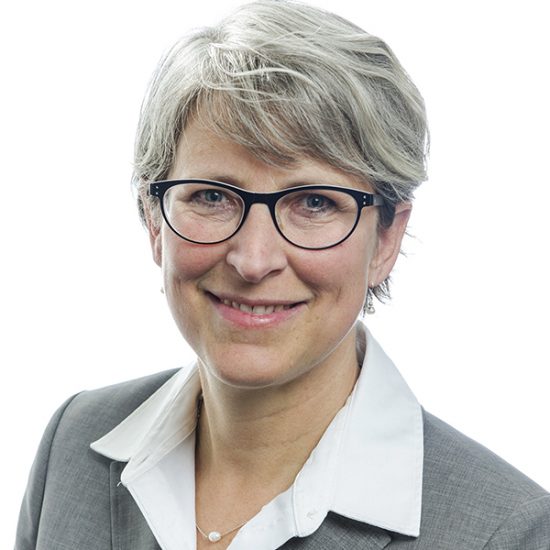
Susan Buchanan
Expert on: occupational medicine, environmental health, children’s exposures, community engagement, reproductive environmental health.
Susan Buchanan leads the Great Lakes Center for Reproductive and Children’s Environmental Health, one of ten CDC/EPA-funded Pediatric Environmental Health Specialty Units in the US. This center provides expertise on the health effects of exposures to environmental pollutants and contaminants during pregnancy and childhood to communities, healthcare providers, and public health agencies. Recent activities have included research projects on exposure to methyl mercury and PFAS in fish, collaborating with community organizers in Benton Harbor, Michigan around environmental triggers of asthma, and responding to queries about community ethylene oxide exposure and lead poisoning.
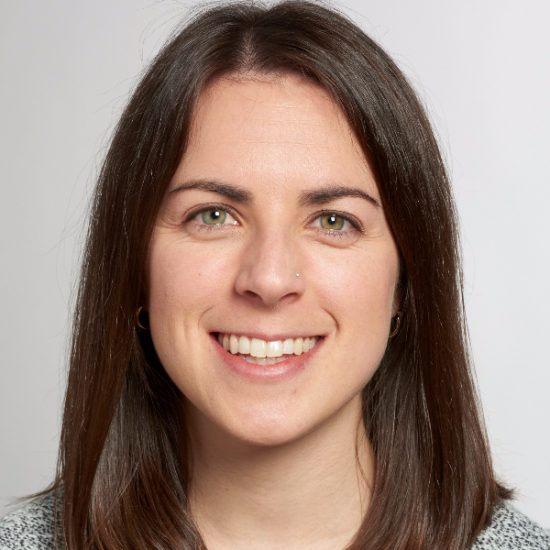
Rebecca Campbell
Expert on: stress, social environment, mixtures, observational epidemiology.
Rebecca Campbell is an epidemiologist trained in human nutrition and global health. Her research investigates environmental determinants of nutritional status and health during sensitive life stages, with particular focus on pregnancy and fetal, infant and early childhood growth and cognitive development. Rebecca’s research utilizes the exposome framework and draws on training in observational epidemiology and mixture modeling methods. Her current research investigates iron status as a nutritional pathway linking the maternal social environment to fetal and infant development.

Motria Caudill
Expert on: environmental toxins and sampling.
Motria Caudill specializes in environmental sampling, toxicology, and risk assessment. Much of her experience is in designing multi-media exposure assessment and risk characterization studies in industrial communities and identifying key health risk drivers. She has initiated blood-lead testing and health education efforts in environmental justice communities. She can effectively communicate technical material in plain English at public meetings and is responsive to community needs related to environmental hazards and potential health risks.
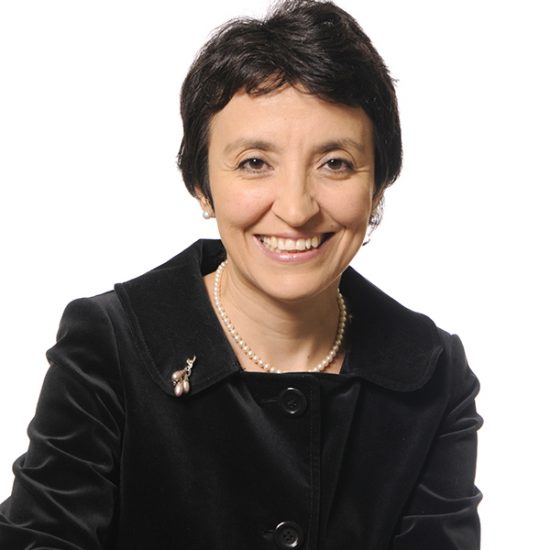
Serap Erdal
Through her positions in academia, government, and industry, Serap Erdal has performed exposure and health risk assessments for Fortune 500 companies and governmental entities (e.g., U.S. Department of Defense, and Department of Energy) for more than three decades. Her specialty areas are human exposure and health risk assessment, and community-based participatory research. She has an active research program focusing on environmental justice in partnership with local community organizations in the Chicago metropolitan area with funding from CDC, USEPA, NIEHS, and NIST. Her primary study areas are indoor and outdoor air pollution including the design of air monitoring studies; performance assessment of sensors for air quality monitoring; and evaluation of air pollutant exposures and health risks.
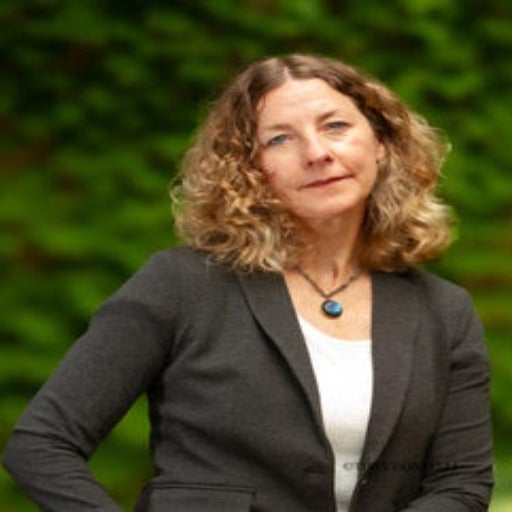
Jeni Hebert-Beirne
Dr. Hebert-Beirne brings community engagement expertise to collaborations with environmental justice organization partners to address environmental health inequities. She co-developed the Chicago Center for Health and the Environment (CACHET) Environmental Justice Community Scholars Fellowship to build CBPR capacity to address environmental injustices.
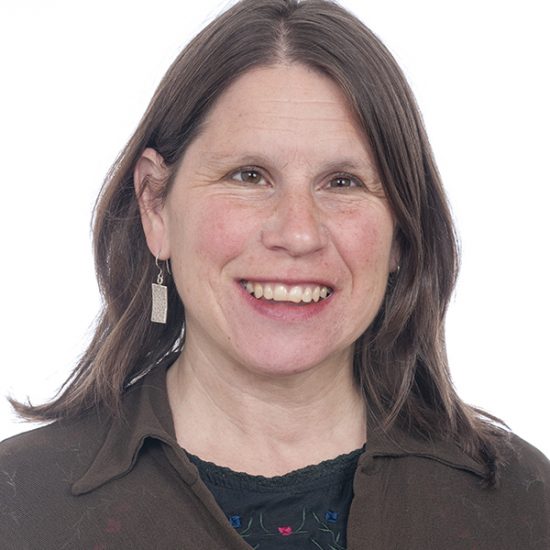
Susan Kaplan
Expert on: brownfields, environment and chronic disease
Susan Kaplan’s work focuses on environmental impacts on public health and the potential of environmental sustainability initiatives to improve environmental health outcomes. Her areas of expertise include brownfield redevelopment, environmental impacts on asthma, safer alternatives to toxic chemicals, children’s environmental health, and environmental sustainability in the health care sector.

Kristen Malecki
Kristen Malecki, PhD, MPH uses a multi-omic approach to examine combined chemical (air pollution, water pollution), physical, and social stressors and their influence on adult chronic disease, aging and health disparities. Her transdisciplinary work uses epigenetics and transcriptomics in both human and animals studies of the gut microbiome to identify interim biomarkers of exposure and response to improve understanding of the biological mechanisms underlying persistent health disparities.
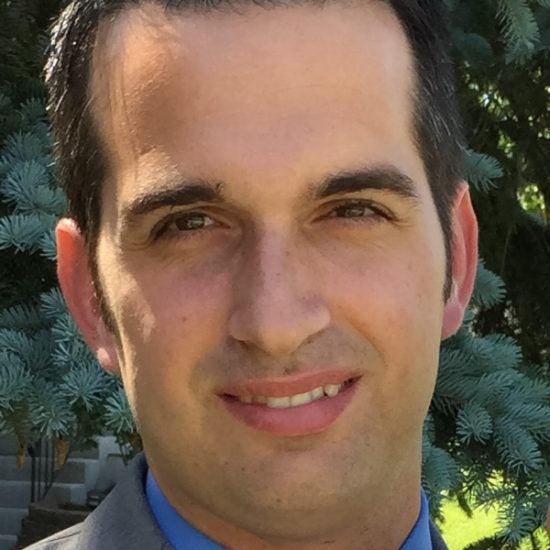
Apostolis Sambanis
Expert on: disaster management, environmental risk management.
Apostolis Sambanis’ current research interests involve risk visualization and decision support content for managing disasters or measuring resilience. Previously research includes evaluation of a geospatial health risk computer program funded by the USEPA known as Spatial Analysis and Decision Assistance (SADA), implementing the CDC BRACE climate change adaptation framework for the state of Illinois, and developing a Private Sector Integration Plan for the creation of logistical inventory software to be used during a disaster response event.
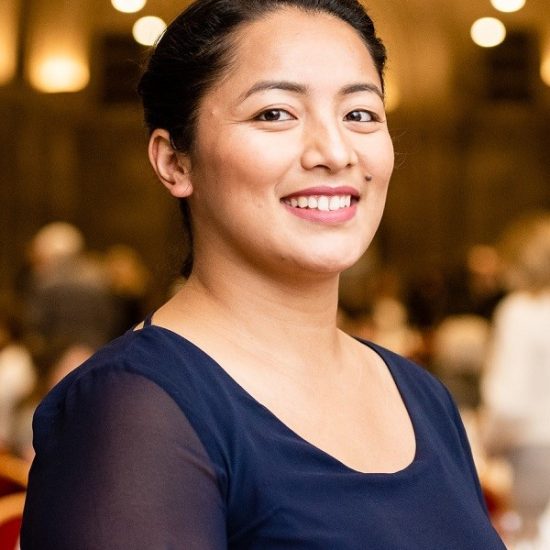
Abhilasha Shrestha
Expert On: water quality and health, SARS-CoV-2 wastewater surveillance, microbial source tracking.
Dr. Abhilasha Shrestha conducts research primarily focused on water quality and health. Dr. Shrestha’s research interests include studying the use of different indicator targets/genes for rapidly evaluating infectious agents in water. She has been managing and operating the Chicago’s Lake Michigan beach monitoring project since 2015. This program in collaboration with the Chicago Par District is the most sophisticated beach monitoring program in the US. Her research also focuses on identifying and mitigating different bacterial sources at public Lake Michigan beaches in Chicago using microbial source tracking. Dr. Shrestha was also involved in a multi-institutional collaborative project that’s leading the wastewater surveillance of SARS-CoV-2 in the Chicagoland area.

Yuan Shao
Expert on: exposure assessment of airborne contaminants, historical exposure reconstruction for retrospective studies, indoor dispersion models
Dr. Shao is an industrial hygienist by training with over 10 years research and working experience in the field of occupational and environmental health. His area of expertise is in the measurement of airborne contaminants, occupational exposure assessment, indoor contaminant dispersion modeling, and using statistical models to develop exposure metrics and evaluate the exposure-response relationships in epidemiolocal studies. He is also a certified industrial hygienist (CIH) and a certified safety professional (CSP).